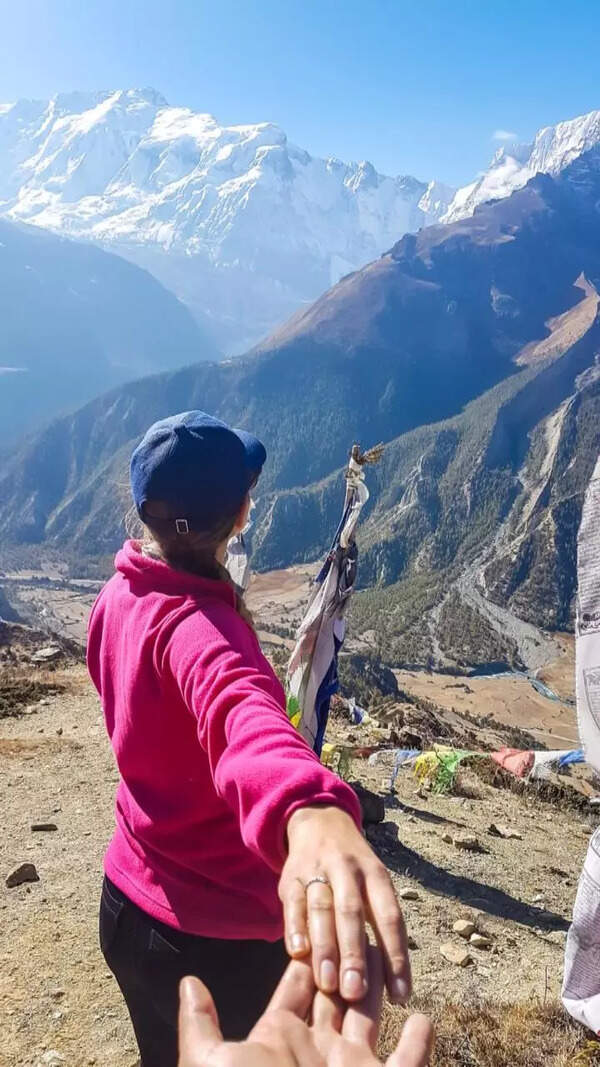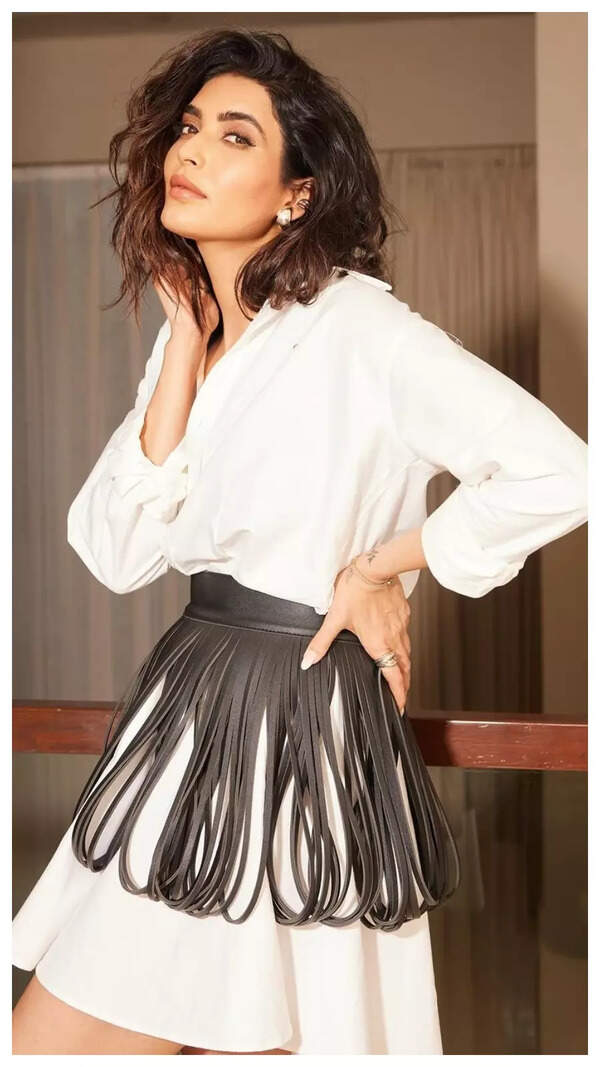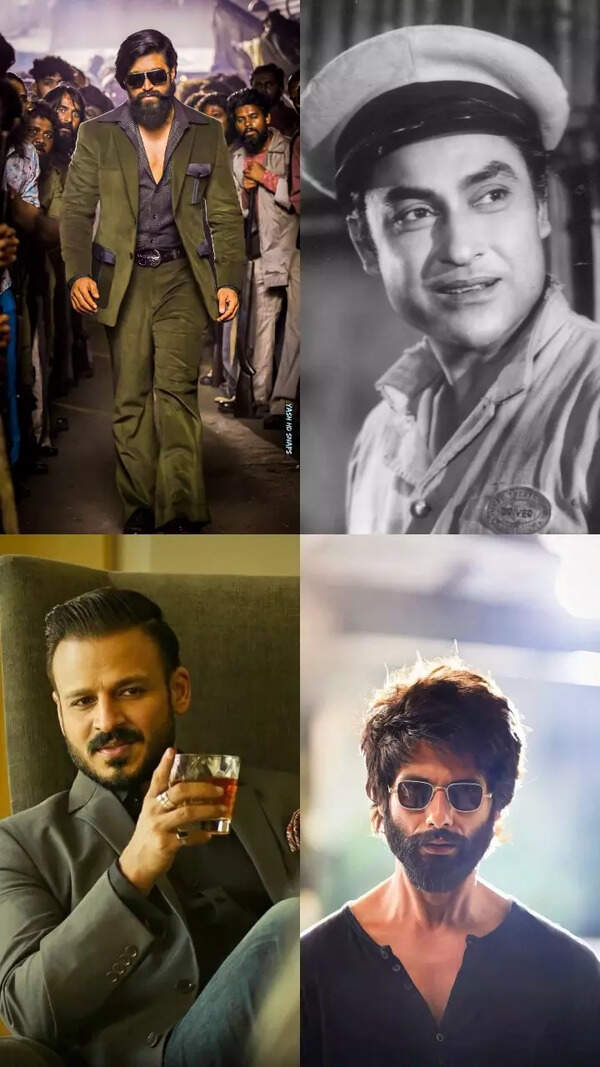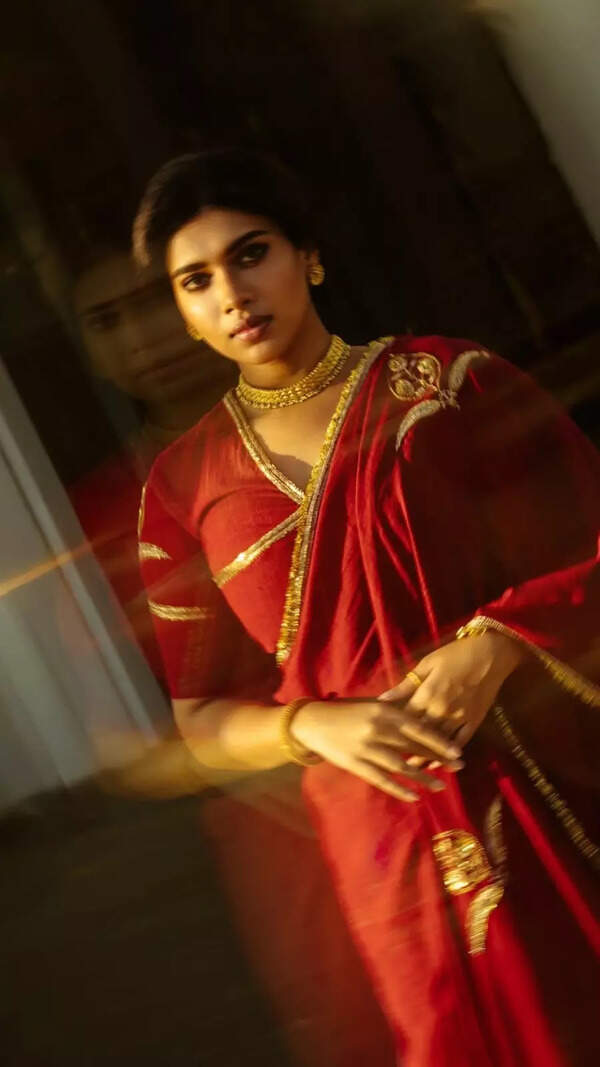- News
- entertainment
- hindi
- bollywood
- Actors turned filmmakers – When stars took the director’s chair
Actors turned filmmakers – When stars took the director’s chair

Aamir Khan – Director with a Heart
Aamir Khan, widely known as Bollywood’s Mr. Perfectionist, took a significant leap behind the camera with his directorial debut Taare Zameen Par in 2007. Though already one of India’s most respected actors, Aamir proved his mettle as a filmmaker with this heartfelt story about a dyslexic child, turning what could have been a niche subject into a national conversation. His sensitive direction and storytelling approach earned both critical and commercial acclaim. Apart from directing, Aamir has produced landmark films like Lagaan, Dangal, and Peepli Live under Aamir Khan Productions, always ensuring that socially relevant themes are presented in a commercially appealing format. While he hasn’t directed frequently, his influence behind the scenes remains immense, and every project he backs carries the weight of deep research and emotional resonance.

Ajay Devgn
Ajay Devgn, known for his intense screen presence and action-packed roles, ventured into direction with U Me Aur Hum in 2008, a romantic drama co-starring his wife Kajol. While the film had mixed reception, it showcased Ajay’s interest in exploring emotional narratives. He later directed Shivaay (2016), a high-octane action thriller, and Runway 34 (2022), where he also played the lead. His most recent directorial effort, Bholaa (2023), added to his growing portfolio as a filmmaker. Ajay’s style leans towards grandeur, drama, and high-stakes storytelling. As the head of Ajay Devgn FFilms, he has taken an active role in producing content-driven cinema while continuing to evolve as a director.

Farhan Akhtar
Before he became a popular actor with Rock On!!, Farhan Akhtar made waves as a director with his groundbreaking debut Dil Chahta Hai in 2001. The film’s stylish, fresh take on friendship, love, and urban youth was a game-changer for Bollywood and still resonates with audiences today. Farhan went on to direct Lakshya, a war drama, and successfully rebooted the Don franchise with Shah Rukh Khan. As a co-founder of Excel Entertainment, Farhan has also produced a string of successful films that reflect a keen eye for content. His ability to seamlessly juggle roles—actor, director, producer, singer—makes him one of the most versatile talents in Indian cinema today. As a filmmaker, his voice has always been urbane, introspective, and youth-oriented.

Kangana Ranaut
Kangana Ranaut, never one to shy away from challenges, stepped into direction during the making of Manikarnika: The Queen of Jhansi (2019). Initially co-directed by Krish Jagarlamudi, Kangana took over midway and saw the project through to completion, earning praise for the film’s scale and ambition. Her upcoming directorial project, Emergency, where she plays former Prime Minister Indira Gandhi, further cements her position as a serious filmmaker. Kangana is deeply involved in the creative and production aspects of her films and often exercises full control over her projects. Her transition to direction reflects her desire for complete artistic freedom and the urge to tell stories on her own terms, making her one of the most fearless actor-directors in the industry.

Konkona Sen Sharma
Konkona Sen Sharma, long admired for her nuanced acting, made an impressive directorial debut with A Death in the Gunj in 2016. The film, a haunting and atmospheric drama set in 1970s Bihar, showcased Konkona’s sharp eye for detail and emotional storytelling. Based on a real-life incident from her family history, the film earned accolades at various international film festivals and cemented her place as a serious filmmaker. Known for picking socially conscious and layered roles as an actor, Konkona brought that same sensitivity and depth to her direction. Her storytelling is marked by realism, strong character arcs, and subtle social commentary—traits that echo the legacy of her mother, acclaimed filmmaker Aparna Sen.

Nandita Das
Renowned for her powerful acting in films like Fire and Earth, Nandita Das has carved out a respected space for herself as a filmmaker committed to social issues. She made her directorial debut with Firaaq in 2008, a poignant film based on the aftermath of the 2002 Gujarat riots. Her second directorial, Manto (2018), starring Nawazuddin Siddiqui, delved into the life of the rebellious writer Saadat Hasan Manto and received critical acclaim. In 2023, she returned with Zwigato, starring Kapil Sharma, highlighting the struggles of gig economy workers in a post-pandemic world. Nandita’s films are known for their realism, humanism, and courage in tackling politically sensitive subjects, making her one of the few Indian filmmakers who blends art with activism effortlessly.

Rajat Kapoor
Rajat Kapoor, known for his offbeat roles in films like Bheja Fry, Kapoor & Sons, and Midnight’s Children, is also a celebrated indie filmmaker. His directorial ventures include Raghu Romeo (2003), Mixed Doubles (2006), and the cult-favorite Ankhon Dekhi (2013). Ankhon Dekhi, a philosophical drama about a man who decides to believe only what he sees with his own eyes, was praised for its depth, simplicity, and poignant storytelling. Rajat’s style is minimalistic, introspective, and emotionally rich, often focusing on middle-class dilemmas and existential themes. As a filmmaker, he represents the soul of India’s independent cinema movement.








